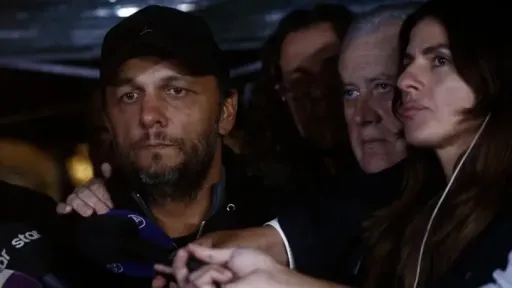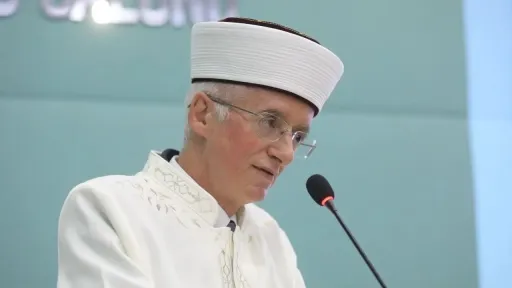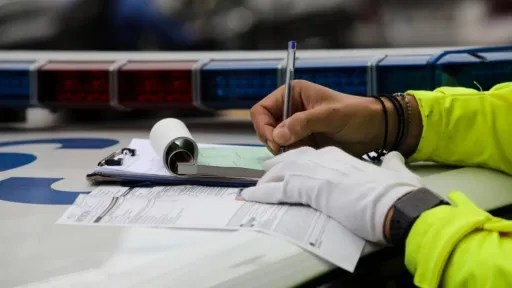Athens journalists union on train collision tragedy and press coverage issues

Athens journalists join all Greeks to mourn the victims of the train collision in central Greece, the Athens Daily Newspapers Journalists' Union (ESIEA) said on Friday, while the tragedy also highlights the structural issues plaguing Greek mass media.
In a statement on the collision of two trains on Tuesday that claimed the lives of at least 57 people by the latest official count, ESIEA said that "the warnings of railroad workers did not have the coverage that the seriousness of the issue called for, and the few but existing field reports by mass media and investigating press groups were not replicated."
ESIEA added, "As long as mass media distance themselves from their mission of checking power, and as long as the prioritizing of news is based on criteria unrelated to defending public interest, as long as mass media corporations restrict themselves to operating simply as businesses and under terms of how many viewers or page visitors they have, as long as journalists are prevented from inquiring, that much will institutional guarantees about the state's operation become weaker. The bland reproduction of non-papers even during these tragic times by a section of online news pages is another example of journalistic distortion."
The press sector assumes its part of the responsibility, the Union said, while asserting that the causes and responsibilities "of this indescribable horror will be investigated in depth and with objectivity, professionalism, and back-up documentation," exactly as front-line journalists are doing at this time.
AMNA







